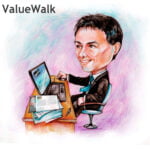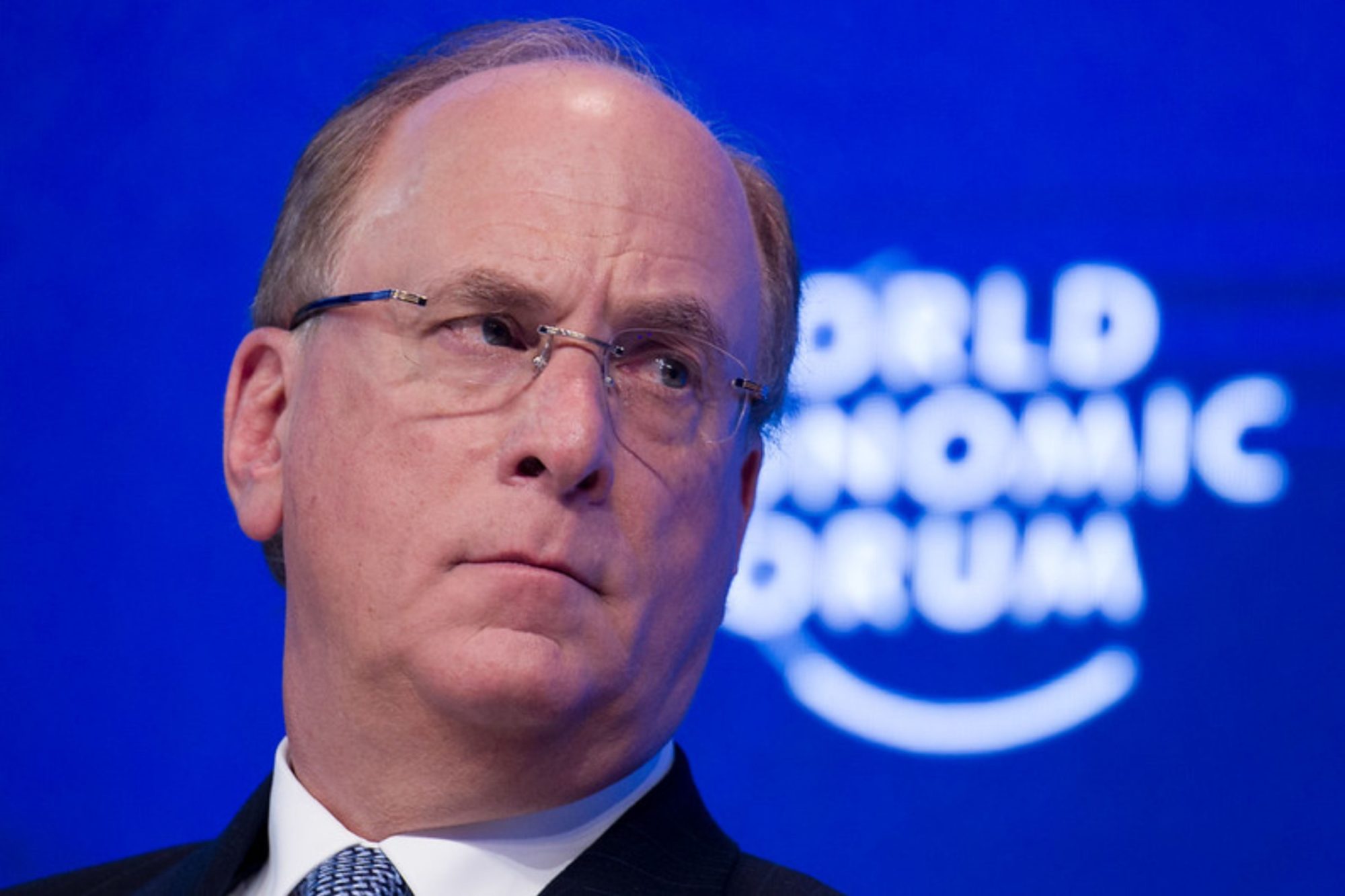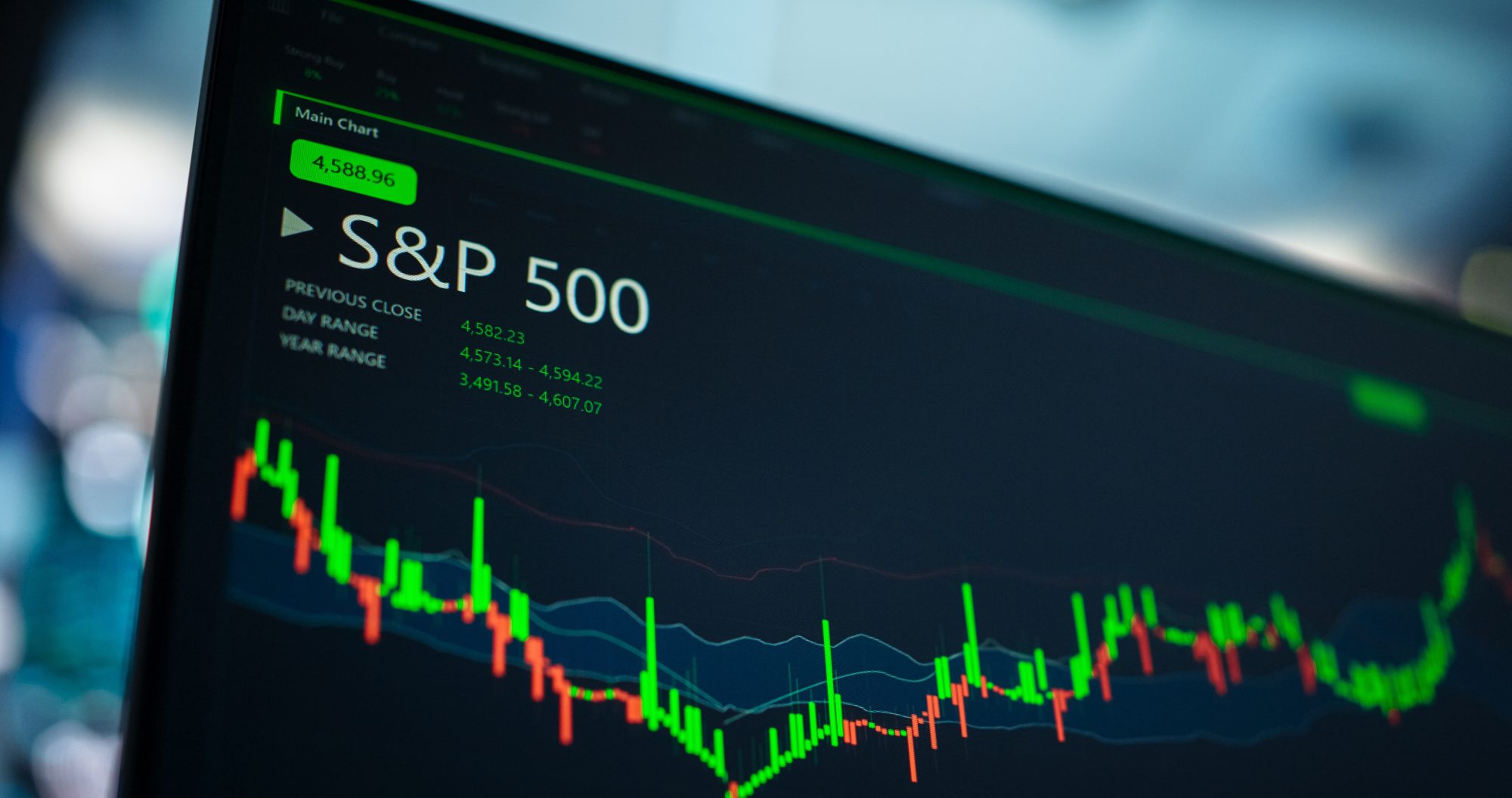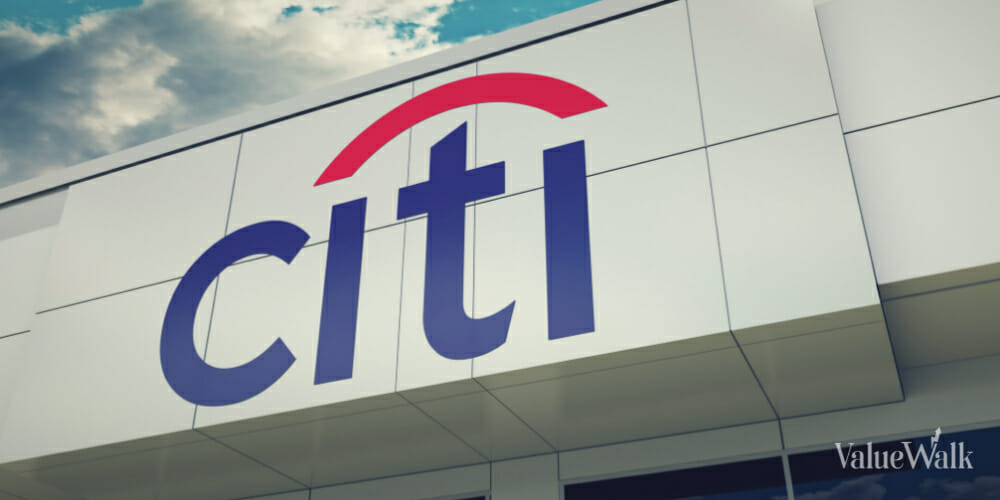Alongside the growth in investor activism, you may have noticed that a lot of companies are sitting on cash these days. Apple Inc. (NASDAQ:AAPL) and Berkshire Hathaway Inc. (NYSE:BRK.A) (NYSE:BRK.B) have been two of the higher profile cases, but they’re certainly not the only ones who generating more cash than they want to invest. But even a company does want to return some of that money, it’s not obvious whether buybacks or dividends is better for the company or for shareholders.
Confusion over the benefits between dividends and buybacks
“Executives view the two [dividends and buybacks] very differently and are often unsure of the best way to proceed,” writes Credit Suisse analysts Michael Mauboussin and Dan Callahan. “Superficial media coverage and wide-ranging input from investors drives this confusion.”
In an idealized world, Mauboussin and Callahan explain that there’s actually no difference between the two. If transaction costs and taxation are identical (in both amount and timing), shareholders reinvest, and the stock is at its fair price, then there isn’t a difference. Shareholders can either reinvest their dividends to own the same total amount of the stock, or they can sell a pro-rated amount during a buyback to continue owning the same amount of a company.
In the real world, those assumptions don’t usually hold. Buybacks give investors more options because they can control when to sell and take a tax hit, while dividends will be taxed immediately, but the last assumption – the stock trading at fair value – is what really sets them apart.
Buybacks best for long-term investors if stock is trading at a discount
When a stock is trading above its intrinsic value, a buyback program benefits sellers, since they are taking value and moving on to the next deal. When the stock is trading below its actual value, buybacks benefit continuing investors because the company is effectively becoming more valuable (spending $10 to buy a stock that should trade for $15, for example). Reissues can turn the equity back into cash later on. Dividends, in comparison, treats both sets of investors the same.
It’s rarely clear whether a stock is above or below its intrinsic value, and you might expect investors to always favor buybacks since they presumably aren’t holding long positions on stocks that they think are overvalued. As for whether companies should be returning cash at all, Mauboussin and Callahan have a rule of thumb for executives to follow.
“A company should retain its earnings if it can earn a rate of return that is above the cost of capital. But if shareholders can earn a higher rate of return on capital than the company can, the company should disburse the cash,” they write.
The full report from Credit Suisse can be found here










